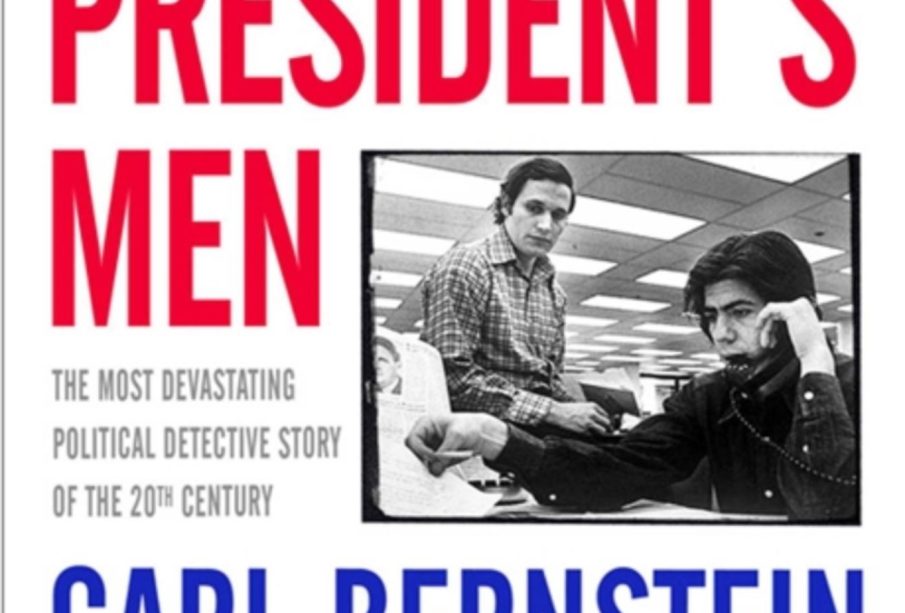Exploring All the President’s Men and its Impact on Journalism

Introduction
‘All the President’s Men’ is a landmark film that chronicles the Watergate scandal, highlighting the vigilant role of journalism in uncovering governmental corruption. Released in 1976, the film stars Robert Redford and Dustin Hoffman as Washington Post reporters Bob Woodward and Carl Bernstein, who meticulously investigated the complex web of deceit that led to President Richard Nixon’s resignation. This narrative not only influenced the perception of journalism in America but also serves as a poignant reminder of the essential role the media plays in democracy.
Uncovering the Watergate Scandal
At the heart of ‘All the President’s Men’ is the Watergate scandal, which began with a break-in at the Democratic National Committee headquarters in 1972. Woodward and Bernstein, through relentless investigation and a series of covert meetings, uncovered a vast conspiracy that implicated high-ranking officials in Nixon’s administration. Their reporting revealed the lengths to which the government was willing to go to maintain power and silence dissent, ultimately leading to Nixon’s resignation in 1974.
The portrayal of investigative journalism in the film exemplifies the critical nature of the press; it serves as a case study on the importance of accountability. The film features numerous pivotal moments, including the famous use of anonymous sources, which further underscores the ethics and challenges reporters face in the pursuit of truth.
Cultural Significance and Legacy
Over the decades, ‘All the President’s Men’ has become a seminal work that not only details a specific historical event but also shapes the understanding of journalistic integrity. As political climates shift and media landscapes evolve, the film remains relevant by reminding new generations of journalists about the tenacity required to hold power accountable.
The legacy of Woodward and Bernstein’s work laid the groundwork for modern investigative journalism and carved out space for exposés in an age of increasing media scepticism. Following the film’s release, it invigorated the field of journalism, inspiring many to pursue careers in media and uphold the principles of truth and transparency.
Conclusion
‘All the President’s Men’ continues to influence discussions around journalism and political ethics today. Its narrative not only serves as a historical recounting but also as a best practice guide for tenacious reporting and ethical considerations. As today’s journalists navigate through a complex array of information and misinformation, the film resonates deeply, reminding us of the profound impact well-executed journalism can have on society and governance.









